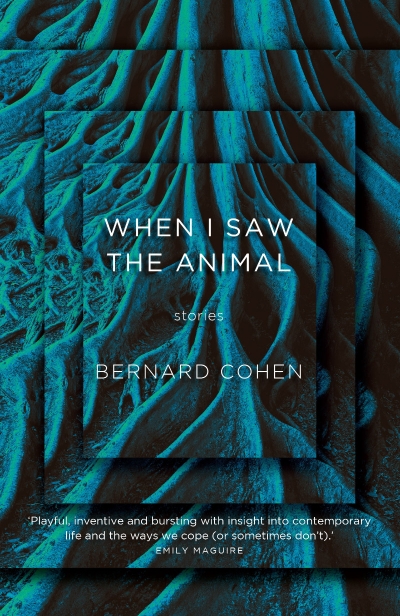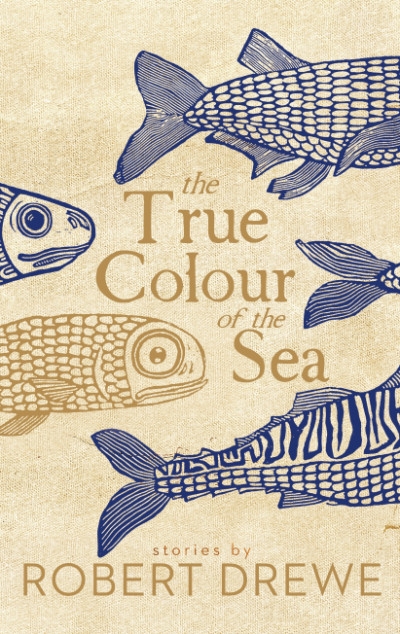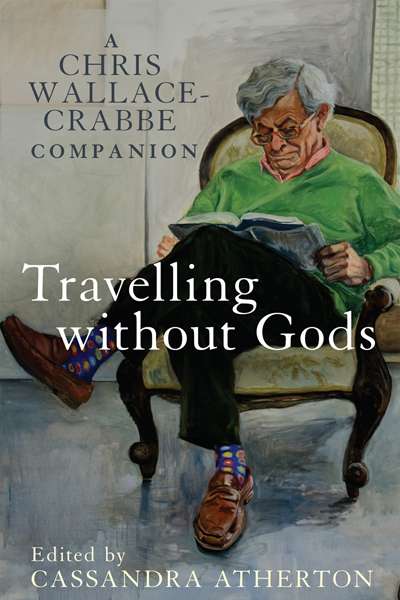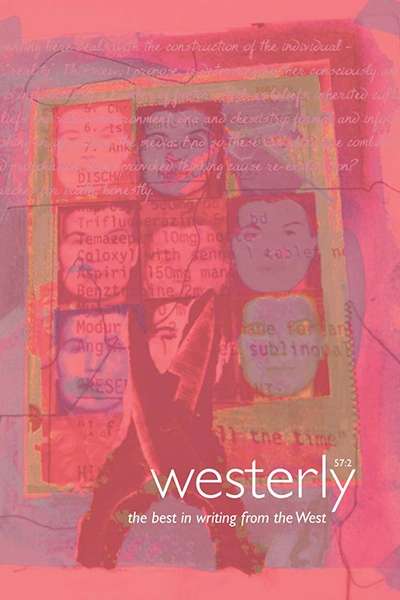Anthony Lynch
To celebrate the best books of 2018, Australian Book Review invited nearly forty contributors to nominate their favourite titles. Contributors include Michelle de Kretser
... (read more)Travelling Without Gods edited by Cassandra Atherton & My Feet Are Hungry by Chris Wallace-Crabbe
by Anthony Lynch •
An American wannabe child star
told the workshop of his still-born
brother. How his mother had said
the lost one, endlessly cast in a silent
Westerly Vol. 57, No. 2 edited by Delys Bird and Tony Hughes-d’Aeth
by Anthony Lynch •









